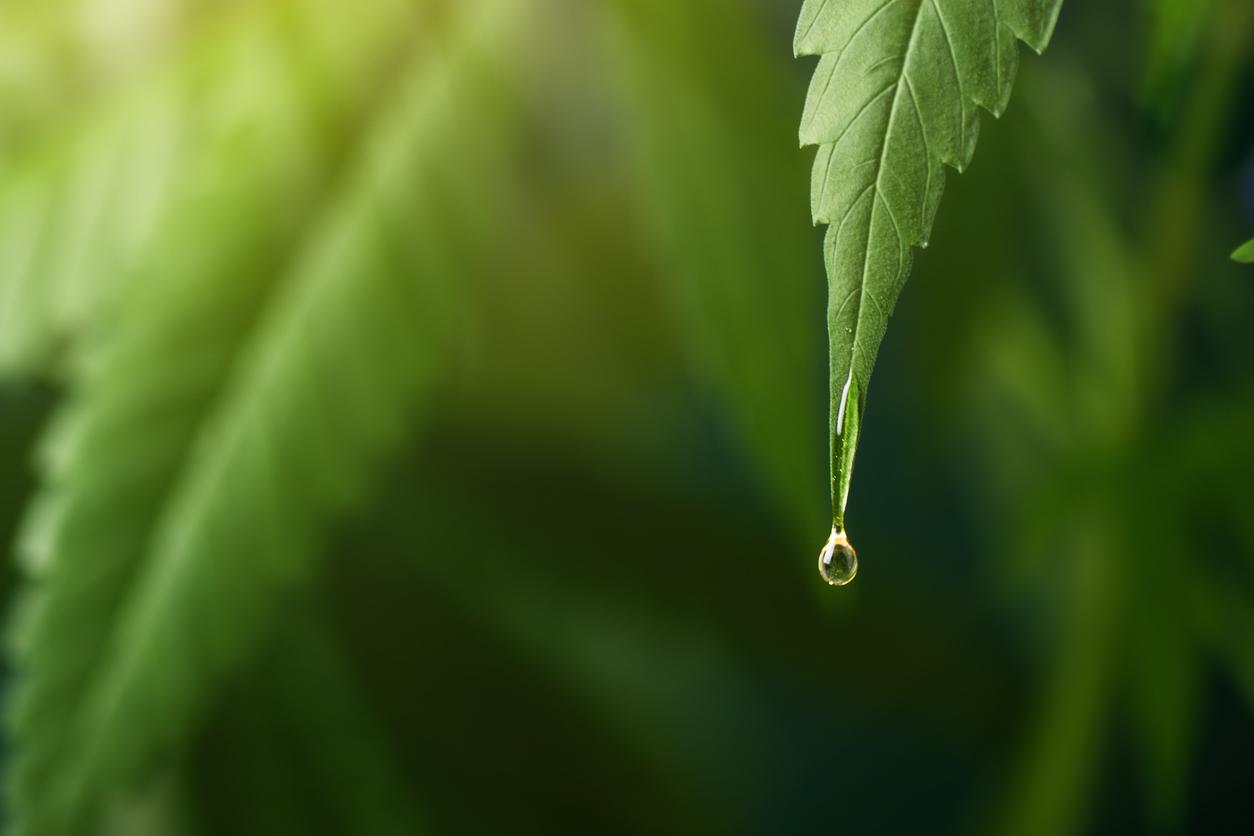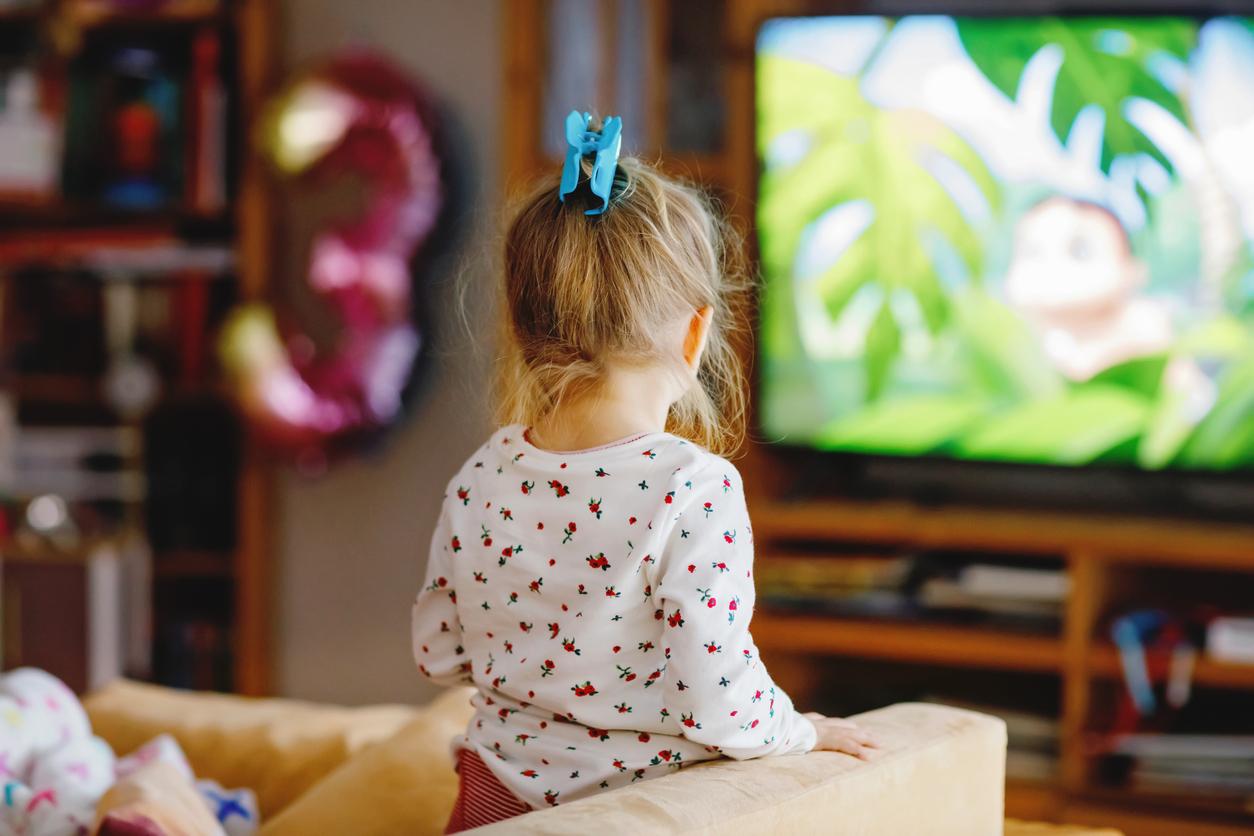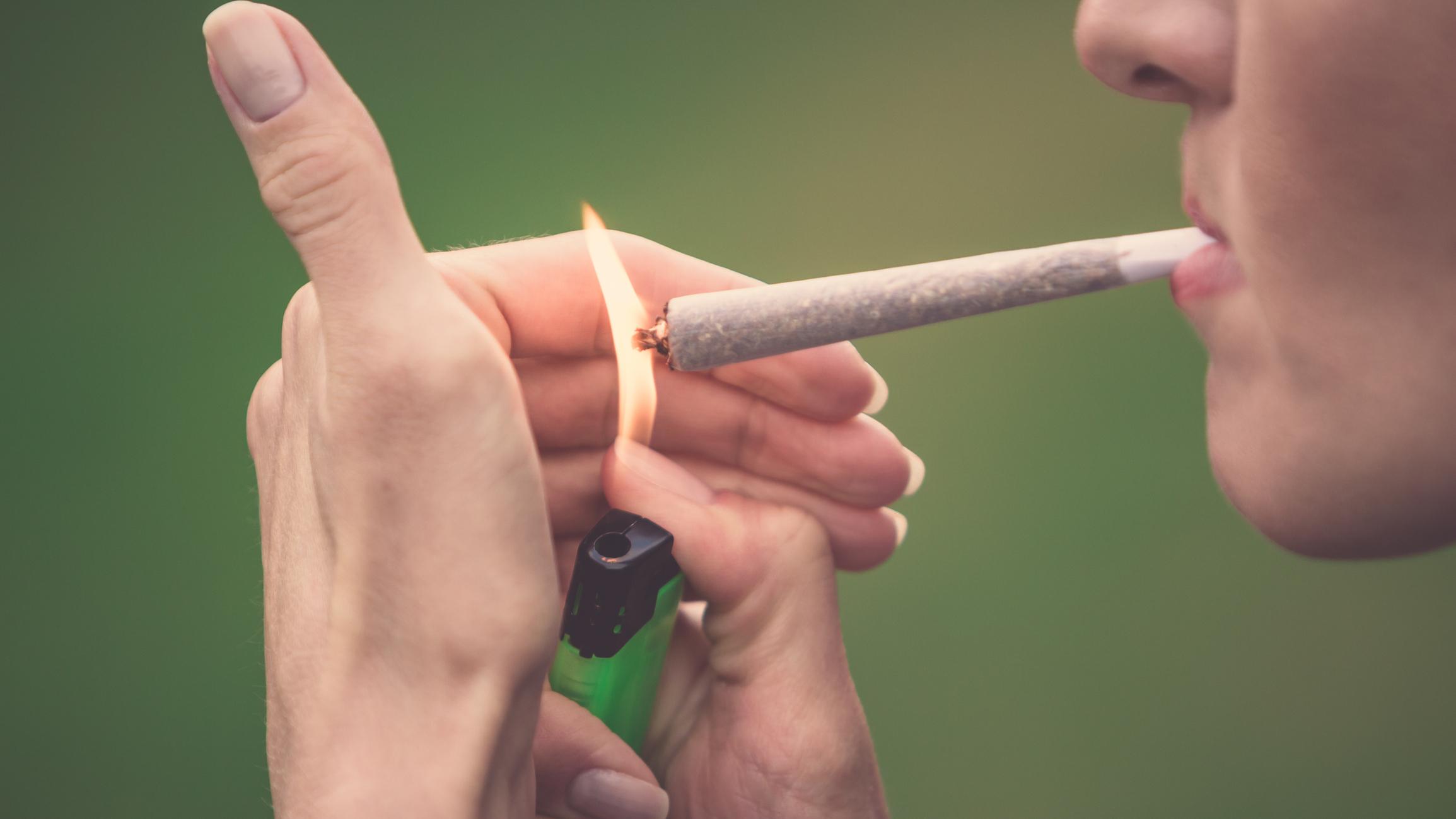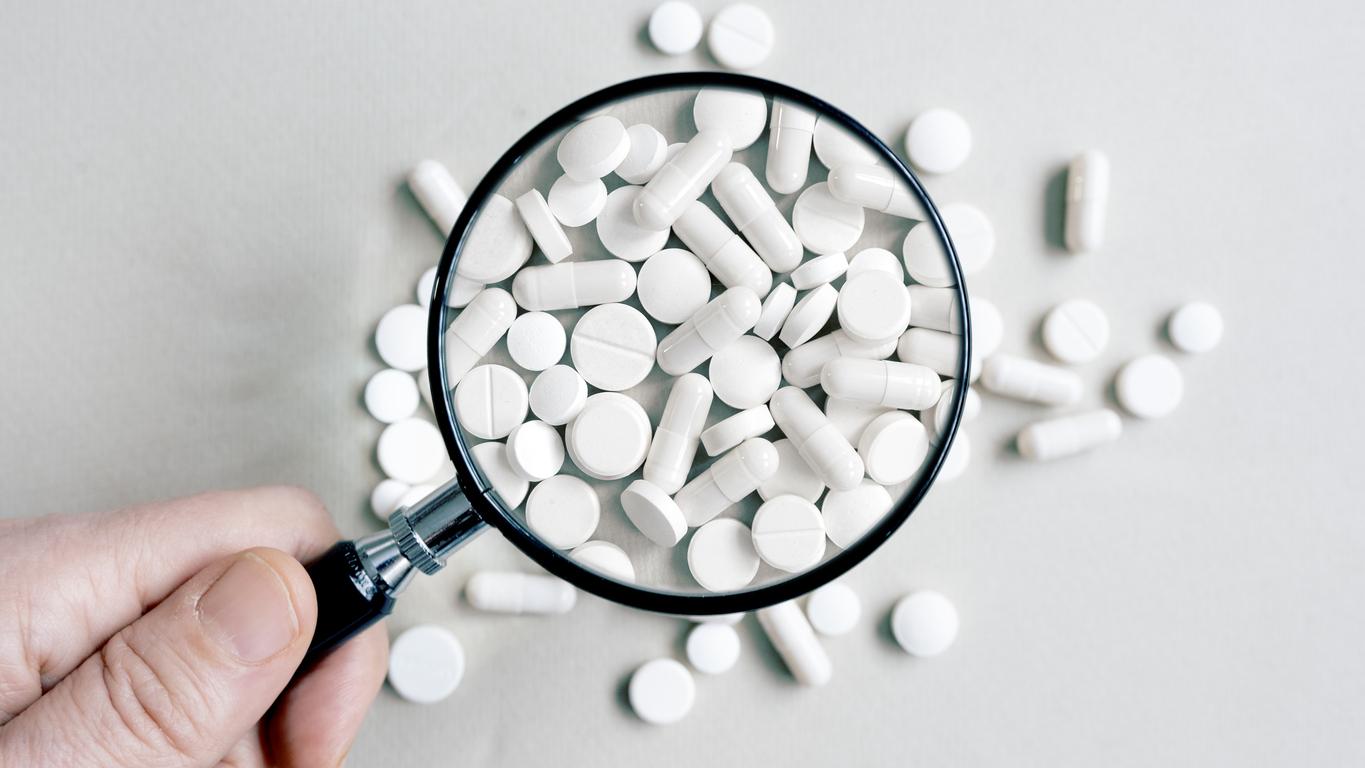While the United States legalizes the use of cannabis, American pediatricians are issuing recommendations to protect the youngest.
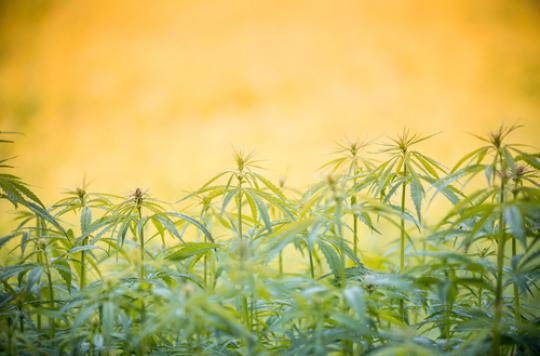
Legalization, yes, but not at any cost. As more and more American states decide to regulate the cannabis market, pediatricians across the country are taking the floor to alert the population to the risks of this substance for children and adolescents, and to administer advice aimed at limiting their use. exposure.
The well-known effects of cannabis on this young population are recalled in a report by the American Academy of Pediatrics published in the journal Pediatrics. “Marijuana is not a benign drug for adolescents,” write the authors of this work. Their brains are still developing and cannabis can cause brain development disorders ”. The researchers thus underline that in the youngest, regular consumption can lead to “serious disorders of mental health – addiction, depression, psychosis…”.
Do not smoke in front of teens
The report aims to fight against the trivialization of this product, legalized for recreational or therapeutic purposes (or both) in 29 states. Especially since the dosages of THC (tetrahydrocannabinol, active substance in marijuana) are “higher than 20 years ago”, thus increasing the health risks for the youngest.
American specialists are therefore issuing recommendations, similar to those that could be found for alcohol, in order to limit use and misuse in these vulnerable adolescents.
First, the AAP advises parents not to smoke weed in front of their children. “Parents who use marijuana themselves may not be fully aware of the effects it has on their children (…). Watching your parents smoke cannabis increases the likelihood of children consuming it, regardless of what parents say about it. Indeed, actions have more impact than words… ”
Do not normalize
These recommendations are found for alcohol. Indeed, studies have shown that from the age of three, children can identify alcoholic drinks among others and understand the effect sought through them. In question: the omnipresence of alcohol in their environment, which very quickly established itself as the norm. The researchers then called on parents to drink as little as possible in the presence of their children so as not to trivialize this product.
The situation is the same for cannabis. Doctors fear that consumption will become embedded in society, to such an extent that users lose sight of the risks. The AAP therefore recommends that parents talk with their teenagers about cannabis, its risks, the situations in which it is particularly dangerous (driving, in particular), the reasons why people start to smoke, a little or a lot.
To avoid accidental ingestion by children, practitioners point out the need to place cannabis and derivative products out of the sight of children.
French prudence
How to find the adapted penal regime (decriminalization, legalization…) without increasing the use among young people but on the contrary, by reinforcing their level of protection? In France, we find this concern within the governing bodies. If the inadequacy of the law of 1970 which penalizes the use of drugs is no longer really debated, the future model is far from being stopped. During its five years of presidency under François Hollande, the Mildeca, which coordinates drug policies in France, has thus remained on its guard, despite the demands of a part of society wishing to organize the cannabis market.
“My opinion, after this mandate, is that nobody knows which is the adapted penal system, the one which will prevent the entry into consumption of the youngest”, underlines the outgoing president of this body (1), Danièle Jourdain Menninger. The OFDT (Observatory for Drugs and Drug Addiction) and the INHESJ should shortly publish an analysis of the various legislations adopted around the world (States of Colorado and Washington, Uruguay, Sweden, Spain, Netherlands) named Cannalex. The objective is to analyze the impact of these laws on behavior in order, possibly, to choose the model most suited to France. The question of the use of the youngest will remain a priority.
(1) Find on Tuesday February 28 the full interview with Danièle Jourdain Menninger, who takes stock of her five years at the head of Mildeca.
.











